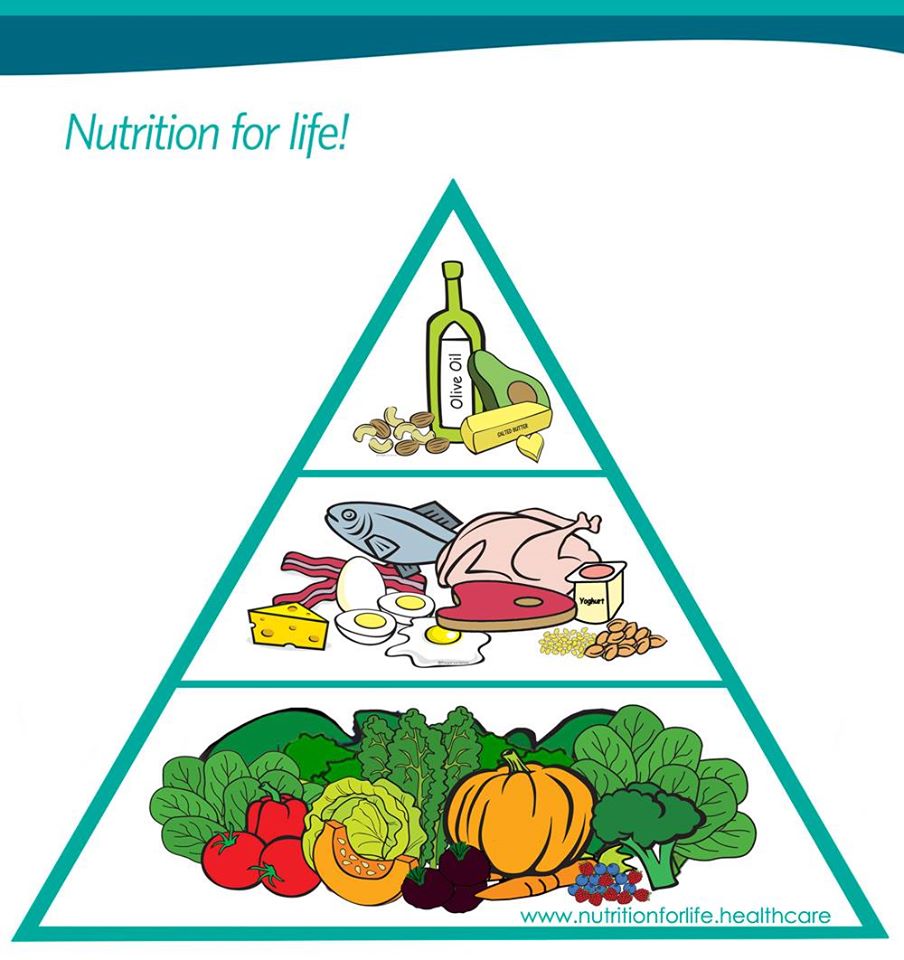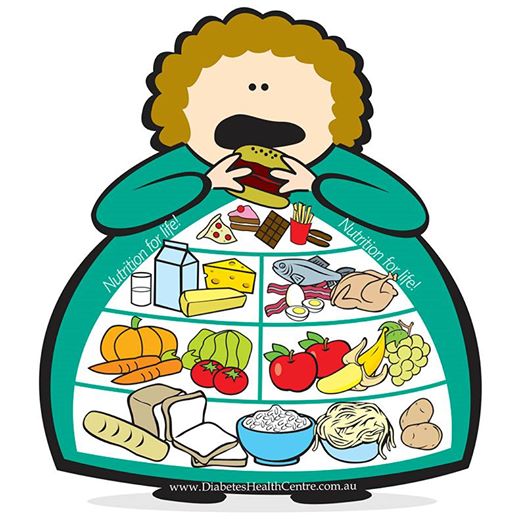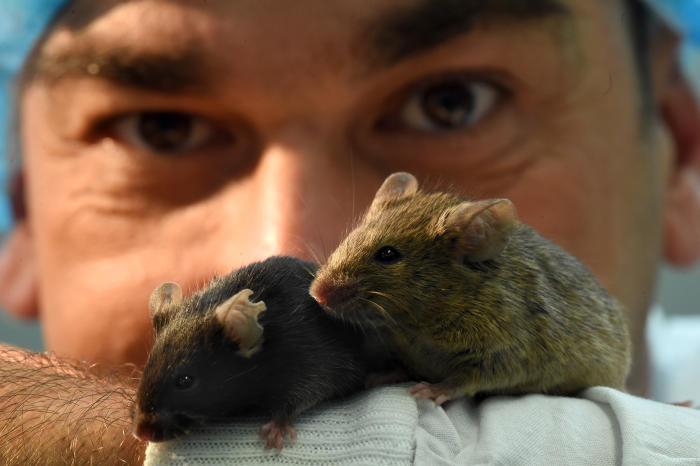I get these questions all the time. This is our Nutrition for Life LCHF food pyramid. A picture describes a 1000 words.
LCHF principles encourage you to eat a wide variety of fresh, seasonal and local food, including lots of vegetables (especially green leafy ones), moderate amounts of protein and reintroducing small amounts of healthy natural fats. Not too much but generally more than people used to have.
This is a way of living. LCHF is not a diet and it is certainly not a fad. It is based on traditional ways of eating that hold food that is fresh, seasonal and local central in the eating plan.
This way of eating allows you to reduce highly processed foods and added sugars from your diet, while keeping you feeling energised and healthy, and not hungry. Isn’t it worth a try and then make up your own mind.
Everyone is different and getting the nutritional balance and variety may take some time. We are seeing a lot of people that are doing LCHF but over time need some ‘fine tuning’ or some further support and motivation. Making big life changes as an individual or as a family can be difficult and getting the right information that is individualized is not that easy on the internet.
Here’s the plug for our Nutrition for Life team. They are there to teach, support and motivate. They are ‘buzzing’ as a team of professionals getting the results from helping people Choose Health and getting get their lives back on track.
“At Nutrition for Life, we offer a simple and sustainable approach to ‘eating for health’ in a safe and nurturing environment. We offer a wraparound team care approach based on Lower Carbohydrate and Healthy natural Fat (LCHF) principles.
Our qualified team of health professionals provide tips for adopting LCHF principles, including food swaps and recipe ideas, how to read food labels and supermarket tips with budgeting and meal planning. We promote mindfulness, motivation and goal setting during individual, couple and family consultations and also via Skype for regional Tasmania and interstate.
The team at Nutrition for Life provide personalised nutritional advice and dietary care in an evidence-based practice. Our approach involves an assessment of individual goals, needs and medical conditions, and applies the latest science and research to help our clients take back control of their health.
We understand that everyone’s journey is different and we take this into account when giving nutritional advice. We encourage and support our clients to apply mindful eating principles and believe in the non-diet approach. Who wants to feel hungry?
Please call our friendly team on 03 6301 9096 or email info@nutritionforlife so we can help you take back control of your health today. www.nutritionforlife.healthcare “
https://www.facebook.com/393958287365295/photos/a.407869679307489.94446.393958287365295/981210238640094/?type=3









